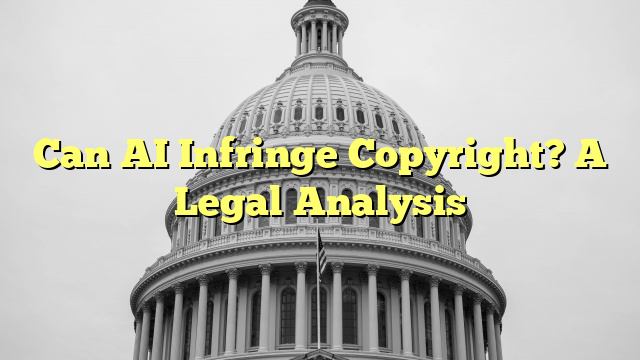Table of Contents
Introduction
Artificial Intelligence (AI) has become increasingly prevalent in various industries, including creative fields such as music, art, and writing. As AI technology advances, questions arise regarding its potential infringement on copyright laws. This article aims to provide a legal analysis of whether AI can infringe copyright.
Does AI violate copyright law?
AI itself does not violate copyright law. Copyright infringement requires a human act of copying or reproducing protected works without authorization. However, AI can be used by individuals or organizations to commit copyright infringement.
Do copyright laws apply to AI?
Yes, copyright laws apply to AI-generated works. If an AI system creates a work that meets the requirements for copyright protection, the creator of the AI system may be considered the author or owner of the work. However, the legal status of AI-generated works can be complex and may vary depending on jurisdiction.
Can you sue AI for copyright infringement?
No, you cannot sue AI for copyright infringement. AI systems are not legal entities and cannot be held liable for their actions. However, the individuals or organizations that use AI to commit copyright infringement may be held responsible.
Does generative AI infringe on copyright?
Generative AI, which creates original works based on training data, can potentially infringe on copyright if it reproduces protected works without authorization. The responsibility for copyright infringement lies with the individuals or organizations that use generative AI systems.
Conclusion
While AI itself does not infringe copyright, it can be used to commit copyright infringement. The legal implications of AI-generated works are still evolving, and it is important for creators, users, and policymakers to navigate this complex landscape. Clear guidelines and regulations are necessary to ensure the protection of intellectual property rights in the age of AI.

